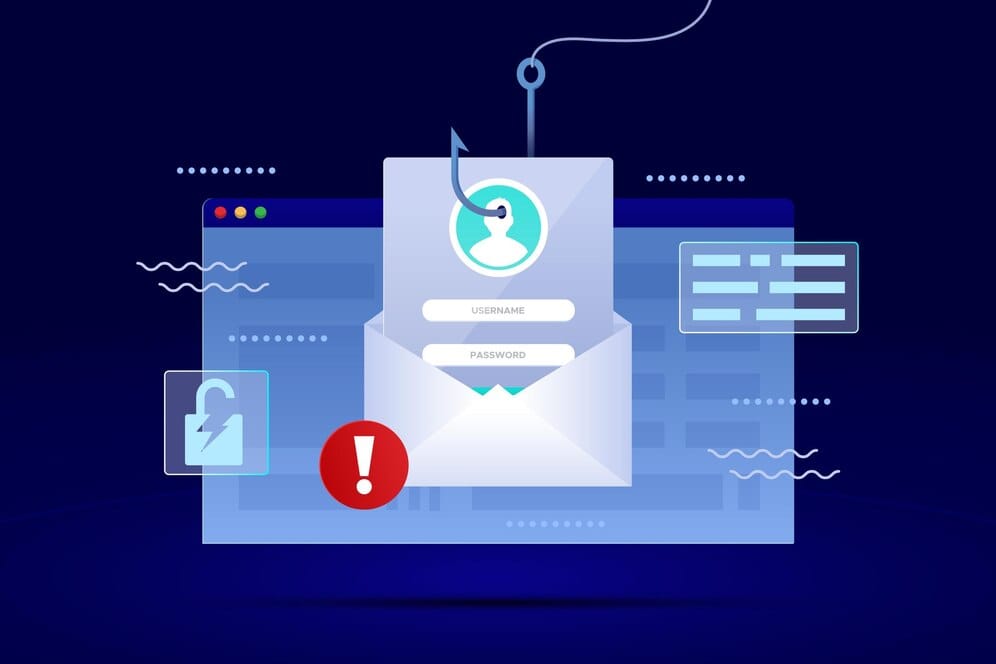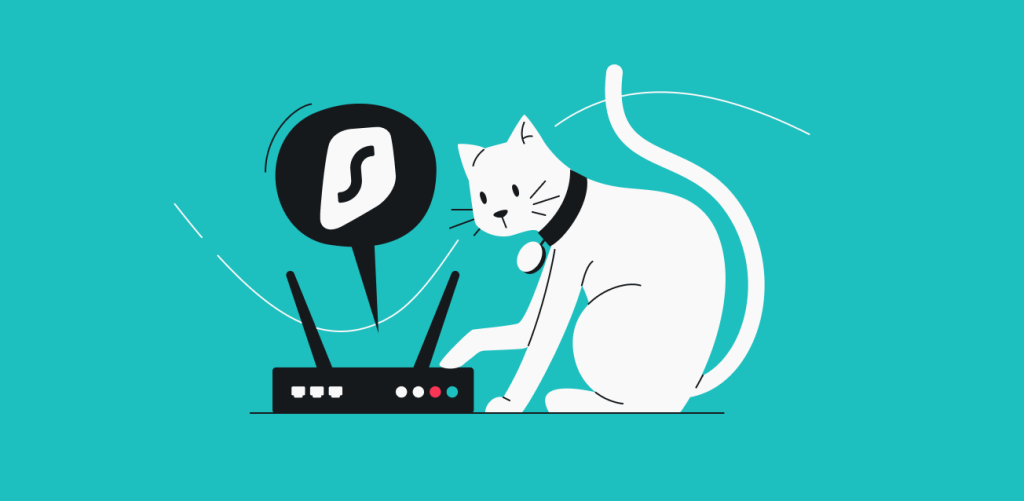How to Avoid Phishing Scams and Other Online Threats
In today's digital age, the internet is an essential part of our lives. From shopping and banking to socializing and working, we rely on the internet for various activities.

In today's digital age, the internet is an essential part of our lives. From shopping and banking to socializing and working, we rely on the internet for various activities. However, with its convenience comes a range of cyber threats, with phishing scams being among the most prevalent. Phishing scams are deceptive attempts to steal sensitive information by masquerading as trustworthy entities.
What Are Phishing Scams?

Phishing scams typically involve emails, messages, or websites that look legitimate but are designed to steal your information. These scams often create a sense of urgency, prompting you to act quickly without thinking. For instance, you might receive an email that appears to be from your bank, warning you of suspicious activity and urging you to click a link to verify your information. This link leads to a fake website that looks just like your bank's site but is designed to steal your data.
Recognizing the Signs of a Phishing Scam

Suspicious Sender
Always check the sender's email address. Phishers often use email addresses that closely mimic legitimate ones but contain slight misspellings or additional characters.
Generic Greetings
Legitimate companies usually address you by name. Be cautious of emails that start with generic greetings like "Dear Customer" or "Dear User."
Urgency and Threats
Scammers often create a sense of urgency by threatening account suspension, legal action, or loss of service if you don't act immediately.
Unusual Requests
Be wary of emails asking for personal information, passwords, or financial details. Legitimate companies typically don't request this information via email.
Bad Grammar and Spelling
Many phishing emails contain spelling mistakes and poor grammar. This can be a red flag indicating a potential scam.
Best Practices to Avoid Phishing Scams

Verify Before You Click
Never click on links or download attachments from unsolicited emails. Instead, hover over links to see where they lead. If in doubt, visit the official website directly by typing the URL into your browser.
Use Two-Factor Authentication (2FA)
Enable 2FA on your accounts. This adds an extra layer of security by requiring a second form of verification in addition to your password.
Keep Software Updated
Ensure that your operating system, browser, and all software are up to date. Updates often include security patches that protect against new threats.
Educate Yourself
Stay informed about the latest phishing techniques. Knowledge is your best defense against these scams.
Use a VPN
A Virtual Private Network (VPN) like Surfshark encrypts your internet connection, making it harder for cybercriminals to intercept your data. While a VPN won’t protect you from clicking on a phishing link, it adds an extra layer of security by safeguarding your online activities.
Other Online Threats and How to Avoid Them

Phishing is just one of many online threats. Here are a few others and tips on how to avoid them:
Malware
Malware includes viruses, worms, and ransomware that can damage your system or steal information.
Prevention: Use reputable antivirus software and keep it updated. Avoid downloading software from untrusted sources.
Man-in-the-Middle Attacks
These occur when a cybercriminal intercepts communication between you and another party.
Prevention: Use encryption (like a VPN) to secure your connections. Avoid using public Wi-Fi for sensitive transactions.
Social Engineering
This involves manipulating individuals into divulging confidential information.
Prevention: Be skeptical of unsolicited communications asking for personal information. Verify identities independently.
Password Attacks
These attacks aim to steal passwords through brute force, guessing, or keylogging.
Prevention: Use strong, unique passwords for each account. Consider using a password manager to keep track of them.
The Role of VPNs in Enhancing Online Security

VPNs, such as Surfshark, play a crucial role in protecting your online privacy and security. By encrypting your internet traffic, VPNs ensure that your data remains confidential and inaccessible to hackers. This is particularly important when using public Wi-Fi networks, which are often unsecured and a prime target for cybercriminals. Surfshark also offers features like CleanWeb, which blocks ads, trackers, and malicious websites, further enhancing your online security.
Conclusion
Staying safe online requires vigilance and the right tools. By being aware of phishing scams and other online threats, and by adopting best practices such as using a VPN like Surfshark, you can significantly reduce your risk of falling victim to cybercrime. Remember, the key to online safety is a combination of awareness, education, and proactive security measures.